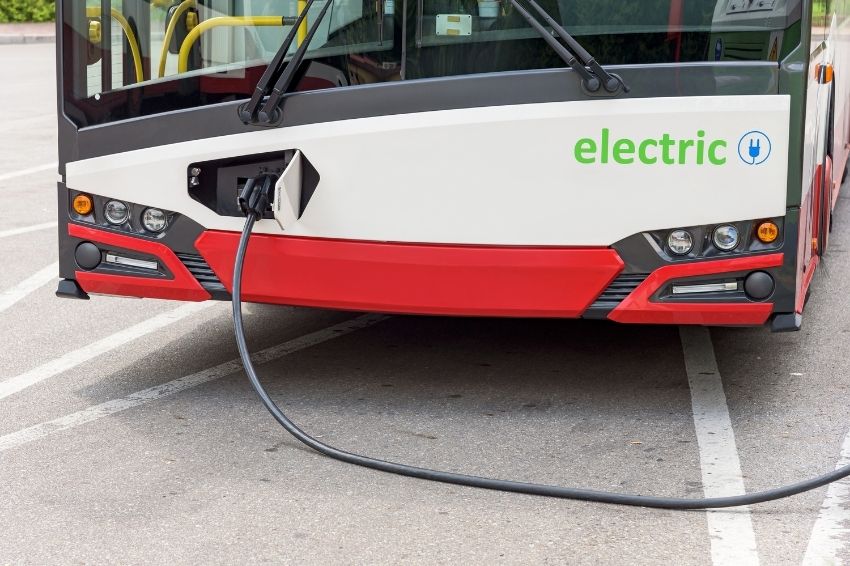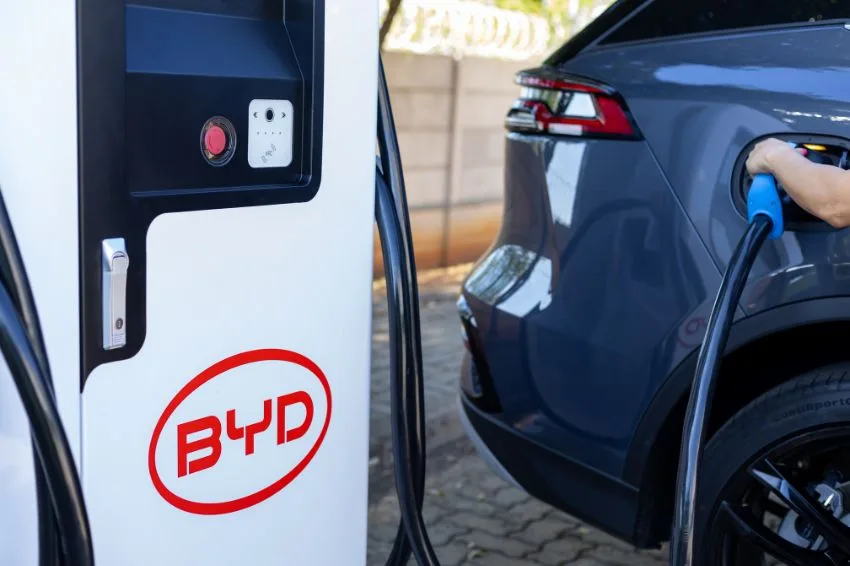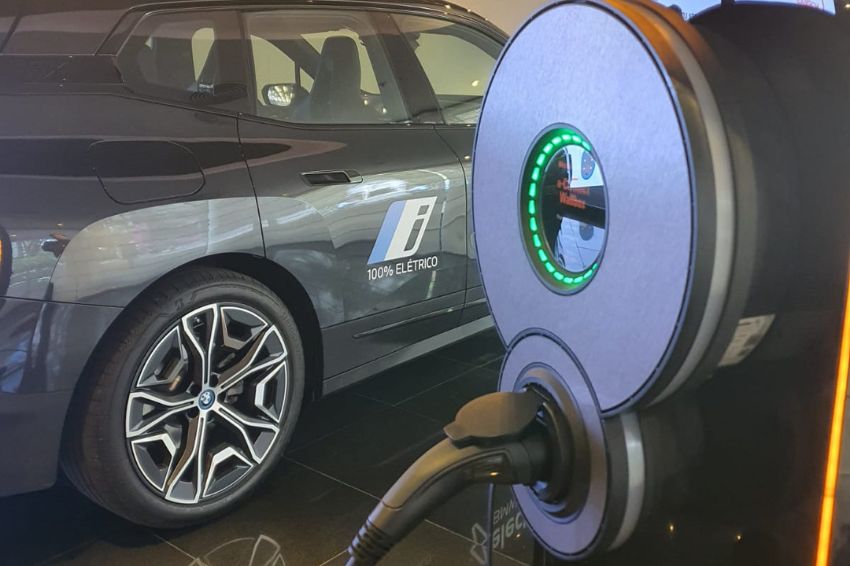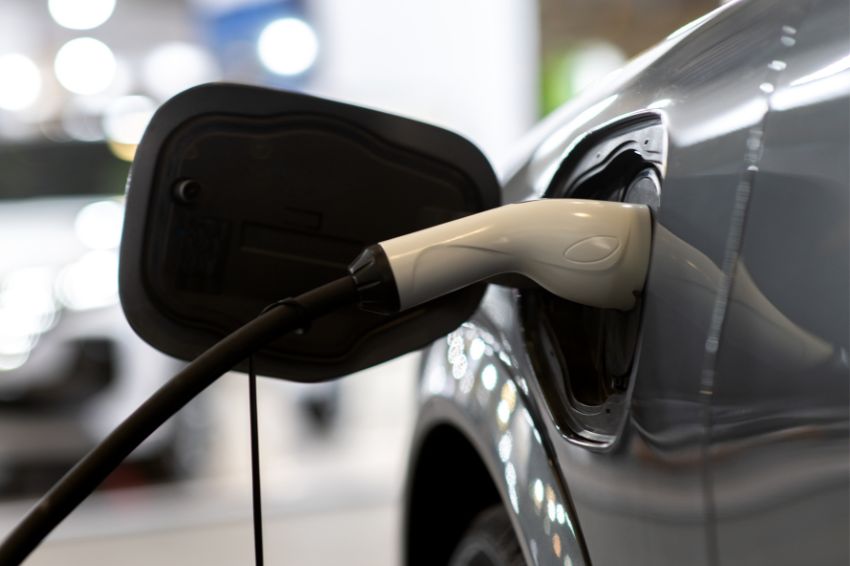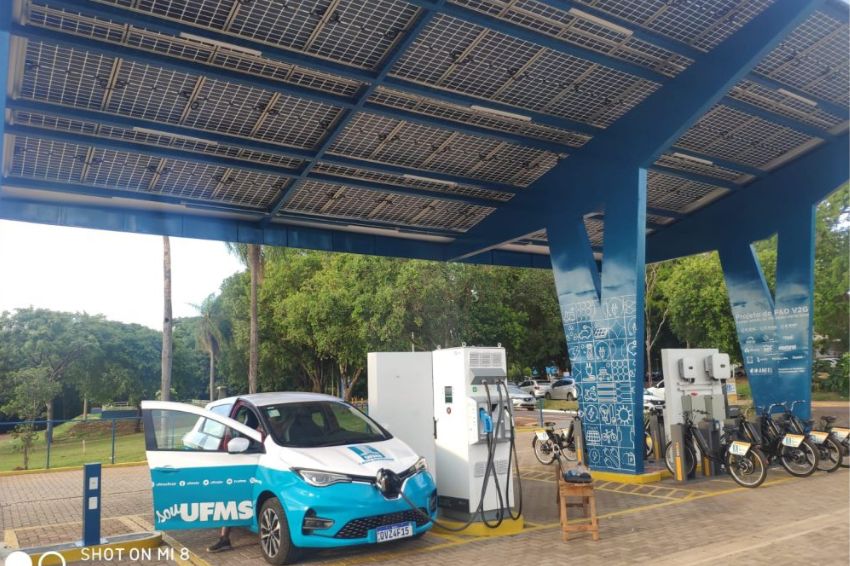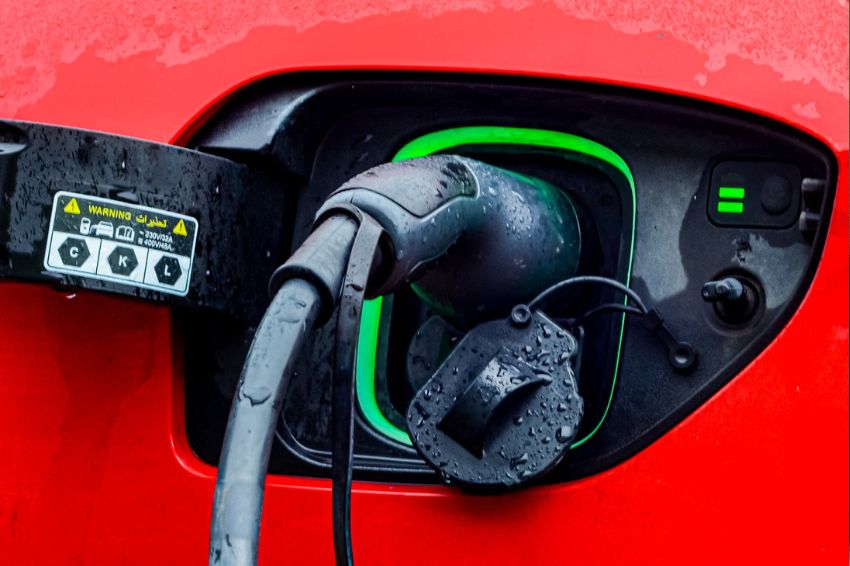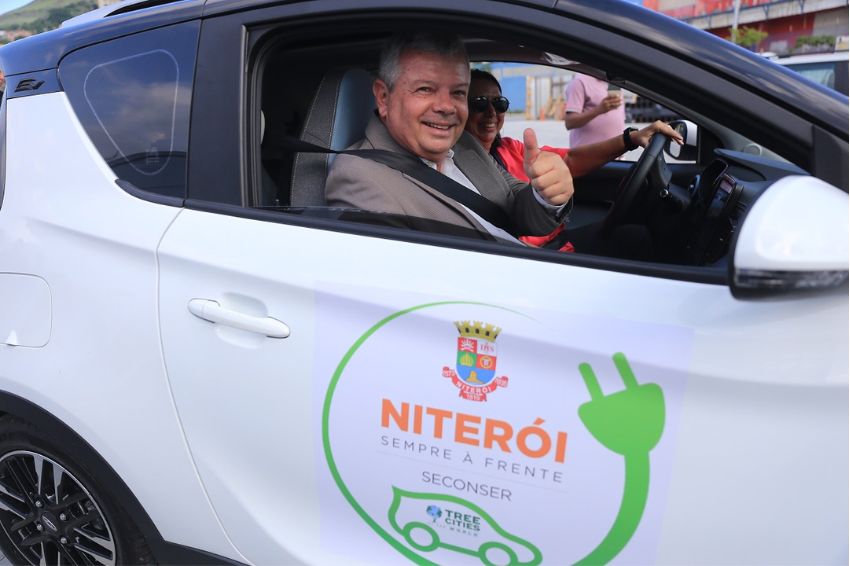Sales of passenger EVs (electric vehicles) reached 5.6 million units in 2021, a jump of 80% compared to last year, due to industry and government commitments around the world over the past two years. Currently, the total global fleet numbers nearly 13 million.
This is what the Zero-Emission Vehicles Factbook pointed out, a study published by BloombergNEF (BNEF). The report documents the progress made towards global net-zero emissions in the road transport sector and shows that the future “is brighter than ever for the segment”.
In the first half of 2021, for example, EV sales were 140% higher than in the same period in 2019, reaching 7% of global passenger car sales.
Furthermore, in the first six months of this year, the global zero-emission bus fleet increased by 22% since 2019. And the expectation is that 18% of all municipal buses will be zero-emission by the end of 2021.
Another point highlighted by the research is that car manufacturers have committed to achieving 100% of zero-emission vehicle sales by 2035 at the latest, and now account for 32% of the global automotive market. The report also concluded that similar national targets represent 20% of passenger car sales.
Read more: Volvo bets on the hybrid and electric vehicle market in Brazil
Projections for the coming decades
BNEF's forecast for the global fleet of zero-emission vehicles in 2040 has been raised from 495 million cars in its 2019 estimate to 677 million.
Supporting these expectations are a number of factors, including improving battery technology and costs, faster implementations of charging infrastructure and a wider range of car models on offer to customers.
Country commitments
For Grant Shapps, UK Transport Secretary, accelerating towards a greener future is the UK's top priority. “I am delighted to see our huge efforts to green transport reflected in this report. Decarbonizing transport is key to conserving our planet and creating new jobs.”
In the United States, for example, state targets to eliminate sales of internal combustion engines now cover a quarter of automobile sales in the country (which currently does not have a national phase-out target).
To give you an idea, the CO2 emissions standards proposed by the European Union imply that electric vehicles will represent 25% to 32% of sales in the bloc by 2025 and 60% to 83% by 2030.
Proposed US fuel economy rules imply a market share of 24% for EVs by 2026, on track for 50% by 2030 under President Biden's executive order. China's target is 20% by 2025, increasing to 40% by 2030.
In the view of Aleksandra O'Donovan, EV analyst at BloombergNEF and lead author of the report, sales of internal combustion engine cars need to stop around 2035 for global road transport to reach zero by 2050.
“This report highlights the remarkable progress made towards this goal over the last two years, driven by growing ambitions from leading governments and vehicle manufacturers. However, there is still a big gap to fill if we are to meet the 2035 deadline globally,” he concluded.


